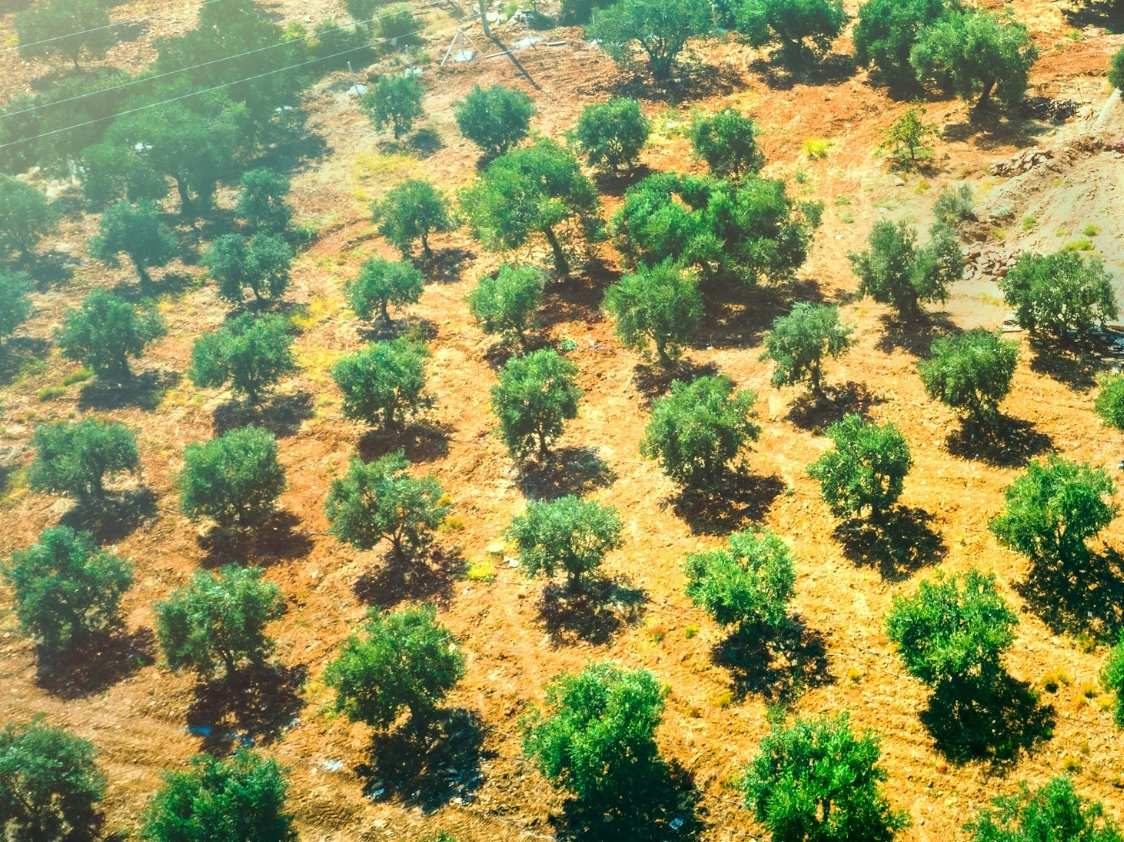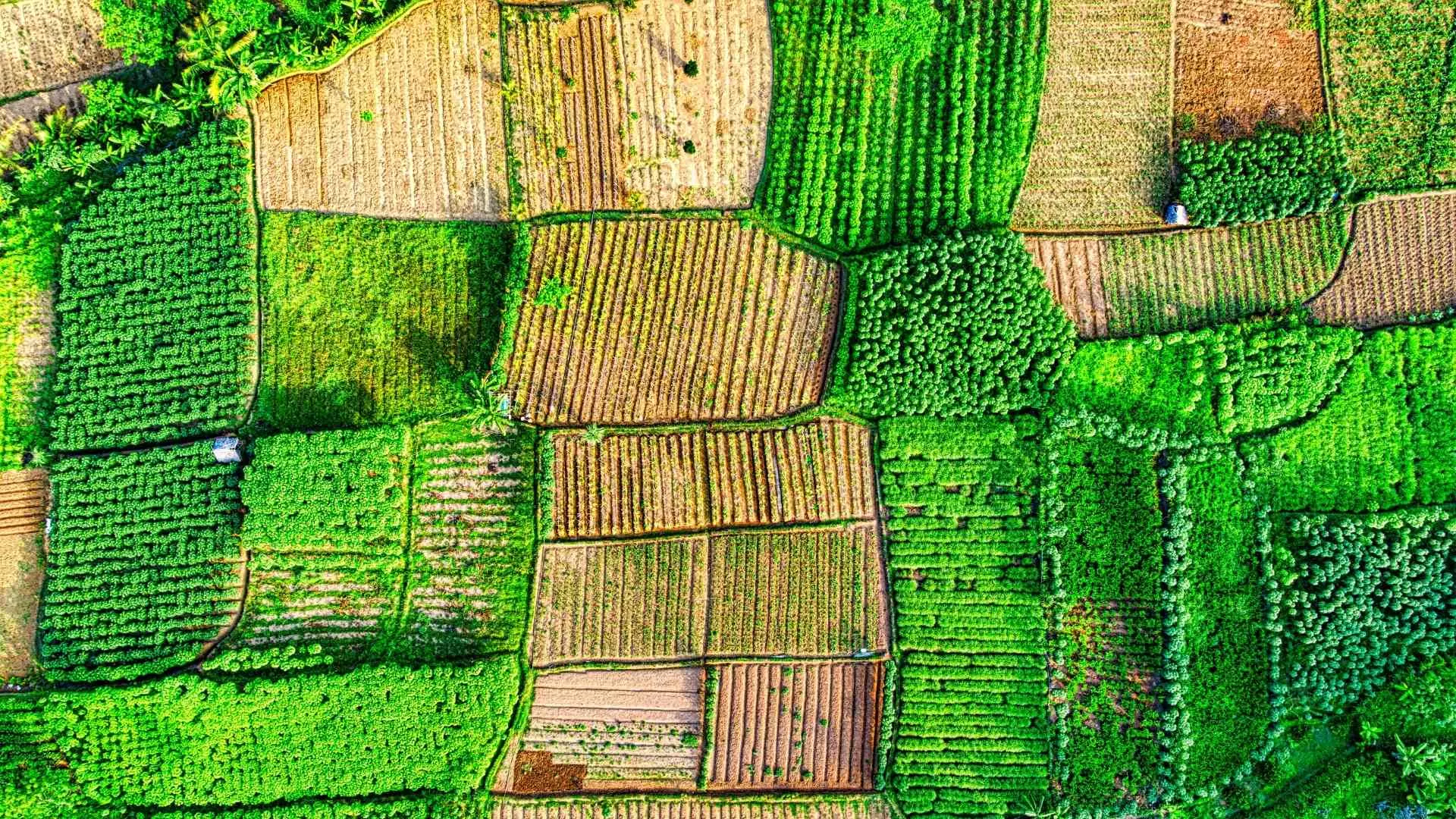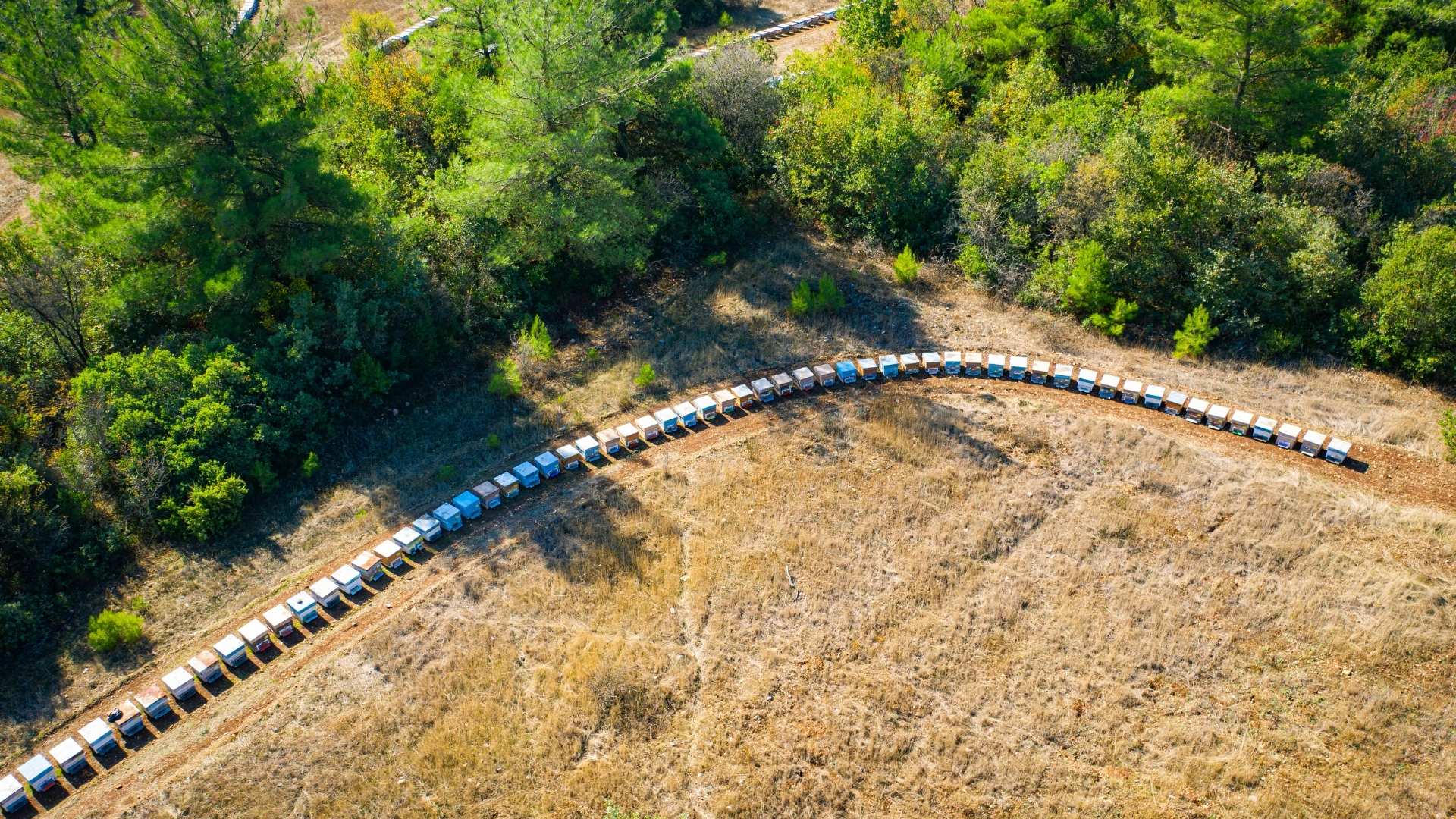
Heed the Call for Investment in Climate-Smart Agriculture
We have all read the headlines and experienced the ongoing harsh weather- climate change is upon us. The world has experienced record-breaking heatwaves, wildfires, historic droughts and floods, sea-level rise, increased hurricanes, frost-free seasons, melting polar ice, and significant biodiversity loss just in the past year. We’ve all heard it before: these events will become the norm if human activity is not changed to keep temperature increases to more than 1.5° C. Given the stark evidence of the catastrophic effects of global warming, it is understandable why the goals of climate-smart agriculture are more important than ever.
To prevent the most severe impacts of climate change, the world will need to reach net-zero emissions by 2050 and drastically lower emissions by 2030. That we will need an additional $4.1 trillion in natural capital by 2050 to pay for solutions to climate change, biodiversity loss, and land degradation is even more frightening. However, there is light at the end of the tunnel with farmland investment companies like Invest4Land. We are fervent in our commitment to creating a healthy environment for our investors and tomorrow’s investors with our robust agriculture investment in Turkey. So let’s delve into the importance of climate-smart agriculture and its benefits to investment portfolios and our environment.
Climate Smart Agriculture in Brief
A set of methods known as “climate-smart agriculture” improves resilience and adaptive ability and boosts output and revenue while lowering or eliminating greenhouse gas emissions. Other sustainable and conservation agriculture programs, such as regenerative agriculture, use the nomenclature of climate-smart agriculture. However, the techniques’ primary and defining trait is their support of organic soil-building processes.
Climate-smart agriculture strategies that prioritize farmers can increase crop yields, convert pastures and farms into carbon sinks, stop the loss of forests, maximize the use of nitrogen-based fertilizers, and redesign local and international supply chains to be more waste-free. With so many positive results, agriculture investment must weigh heavily on climate-smart agriculture.
The Role of Agriculture Investment
Global issues, including hunger, deforestation, and the world’s second-largest source of greenhouse gas emissions after the energy industry, are all related to food systems. What if we switched roles and saw the possibility of making food systems net zero, nature-positive, and nourishing everyone?
We can take a significant, more manageable action to support high-quality food and nutrition standards and reduce some of the rising financial costs by preserving natural ecosystems in our farming operations through climate-smart agriculture. Biodiversity is supported by climate-smart agriculture since it encourages interaction with nature and forgoes the use of chemicals and pesticides. Additionally, growing biodiverse crops improves soil health and reduces soil erosion, protecting farmland from degradation and lowering the danger of unreliable crop yields.
A more extensive portfolio of net zero investments would benefit significantly from adding climate-smart agriculture and food security. Investments in climate-smart agriculture can lower greenhouse gas emissions and increase food production’s resilience and adaptability. To improve soil health, sequester carbon, and produce co-benefits like decreased erosion, increased water infiltration, and economic and environmental stability, climate-smart agriculture practices include rotating crops, planting cover crops, reducing tillage, and integrating crop and livestock systems.

Prevention is Better than Cure
The climate-smart agriculture sector is expanding and has available deployable technologies, emerging innovations, and skilled farmer ingenuity. Still, agriculture investment is needed now and over the next ten years to realize the potential of soils as an effective means of carbon sequestration and to support farmer resilience.
Companies will find it highly expensive to respond to requirements rather than proactive planning and proactive action in advance as more businesses and systems adjust to stronger regulatory laws around species and biodiversity conservation. As a result, investors should prioritize taking climate change and the carbon footprint of their portfolios into account, not just from a moral or legal standpoint but as an essential component of effective risk management.
Agriculture Investment- A Missed Opportunity
Sustainable investors have predominantly invested in renewable energy sources but have yet to consider agriculture a potential energy source and technological advancement. This is where investors are missing out. Agriculture offers nature-based solutions from plants, trees, and working areas, which should be prioritized over other options.
However, this is much more than just missed chances. Portfolios could become riskier if agriculture investment is ignored. A sector likely most at risk from climate change can be transformed by agricultural innovations like climate-smart agriculture that address these issues. The foundation of our economy and the world’s security is a productive and sustainable agricultural sector.
Shape the Future and Invest in Climate Smart Agriculture
There is no denying the necessity for adaptation to climate change. Improved methods like climate-smart agriculture have the transformative power to feed a growing population, enhance soil quality for future generations, and positively impact climate change. No other industry can benefit people and the earth as much as agribusiness. Agriculture investment is the way to go for those serious about investing responsibly.
You can manage your portfolio’s carbon footprint and contribute to the movement for a more climate-conscious future by investing in farmland that supports climate smart agriculture. In addition, you may become a part of a network of early adopters through Invest4Land, who will pave the way for sustainable best practices for years to come. Through our managed farmland concept and agriculture investment in Turkey, we at Invest4Land provide an extraordinary chance to buy a farm in Turkey. On our walnut farms in Turkey, we help our investors by growing only the best, environmentally friendly crops. We are committed to raising healthy crops in tune with the environment. The outcome? High-quality natural products produce generous returns.
Are you prepared to contribute to a climate-friendly future? Then, contact our investment specialists or start your adventure with our unique model to invest in Turkey and join our ground-breaking farmland investment project.



